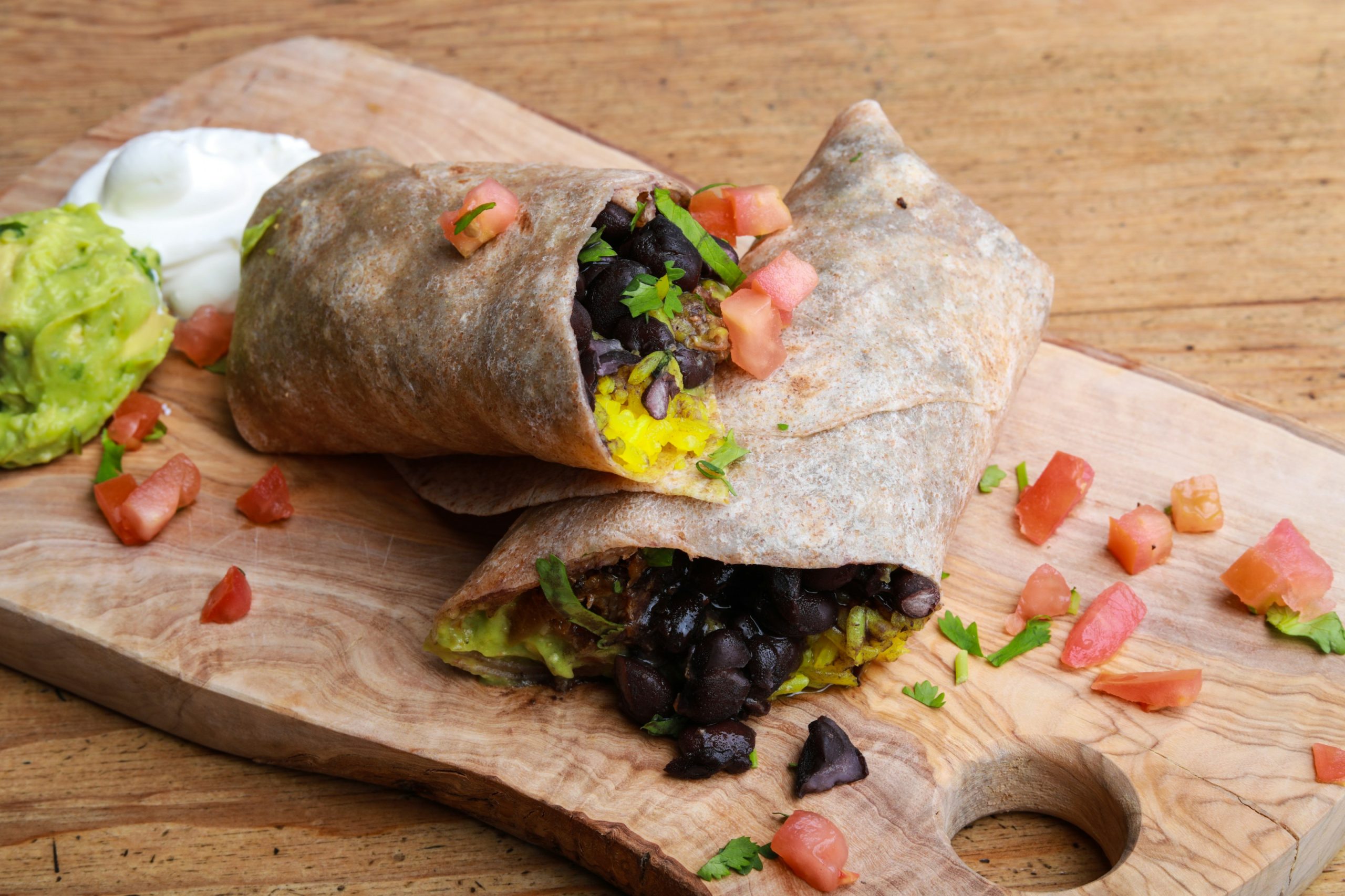Millennial parents have become massively impactful consumers.
Several stats speak to the generation’s purchasing power. First, millennials in general are the largest adult cohort worldwide, with 23% of the global population – or 1.8 billion – being part of that cohort. According to Sunrise Strategic Partners – an accelerator of emerging brands – 26-41-year-olds’ purchasing power increased more than 60% over 2016-2020, or around $1.4 trillion.
There are currently approximately 72.1 million millennials in America. And, within the next 15 years, 80% of millennials will be parents, according to marketing company SNIPP.
How can food companies appeal to millennial parents? That topic is the focus of The Food Institute’s extensive report this month, which will be available to members starting May 17 (to join FI, click here). Here’s a look at advice provided by industry leaders.
To win over millennial parents, food companies must display a social conscience. According to Incrementors Inbound Marketing, 37% of millennials favor a brand strictly due to the causes it supports.
“Millennials buy goods for a variety of reasons, including quality and flavor,” said Shiv Gupta, Incrementors Inbound Marketing’s CEO. “Many people in this generation are drawn to brands that support social concerns.”
Millennial consumers also demand that companies be available online. By most accounts, millennials tend to be influenced by online reviews, as well as comments seen on social media. Because of that, food companies should actively engage parents via digital means to help form positive impressions of their brands. And, their websites should be as transparent as possible.
“Millennials are the Google generation; they want to be able to find answers to their questions with a few clicks,” said Kristen Nauss, a Chattanooga, Tennessee-based registered dietitian and founder of the Buying School Food consultancy. “Food companies need a website with updated product information to remain competitive.”
It’s also imperative that food companies focus on quality and healthiness in their marketing pitches and on their packaging. Fresh ingredients are especially important to millennials; according to marketing company Vericast, 35% of millennials report they prepare more meals with fresh foods, compared to 29% of Gen Z and 27% of baby boomers.
According to Kathryn Bernell, founder of reHarvest Provisions, “products with clean ingredients continue to win in the marketplace.”










